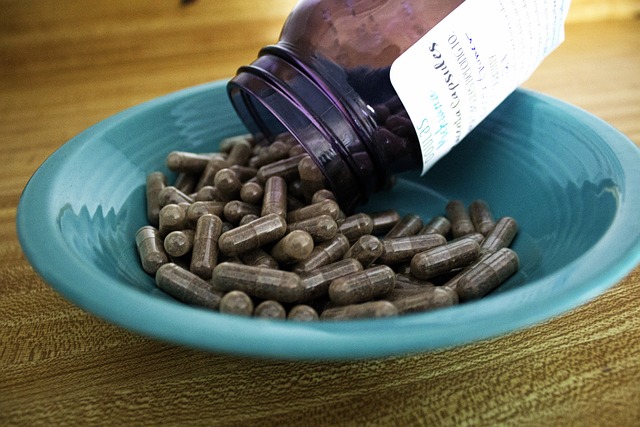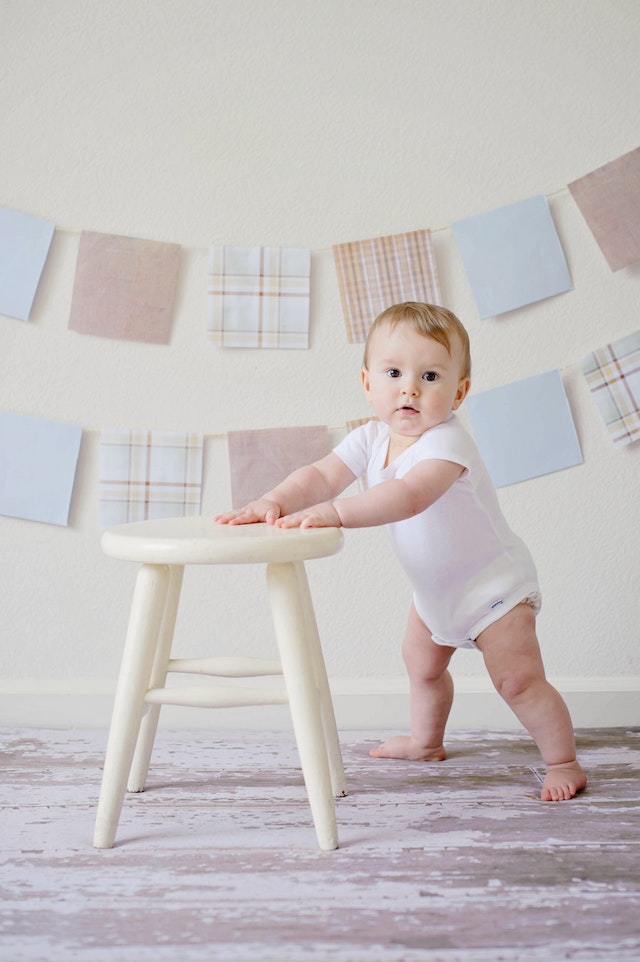Introduction:
Welcoming a newborn into the world is an exhilarating experience, but it also comes
with a multitude of questions and concerns.
One common occurrence that can cause worry among parents is when their newborn
experiences hiccups.
Are hiccups okay for newborns?
In this article, we will explore the causes of hiccups in infants, discuss their normalcy,
and provide practical tips to help you manage and alleviate your baby’s hiccups.
Understanding Newborn Hiccups:
Hiccups occur when the diaphragm, the muscle responsible for breathing, contracts involuntarily.
This contraction causes the vocal cords to close suddenly, producing the characteristic “hic” sound.
In newborns, hiccups are incredibly common and typically benign.
They often manifest as brief, rhythmic spasms that can last from a few seconds to several minutes.
Causes of Hiccups in Newborns:
Feeding Patterns:
Hiccups can be triggered by the way newborns feed.
When babies consume milk too quickly, swallow air, or have an overfilled stomach,
it can lead to hiccups. This is especially common during bottle feeding, but can also
occur during breastfeeding.
Immature Digestive System:
Newborns have developing digestive systems, and hiccups can be a result of their body
adjusting to the new environment outside the womb.
As their digestive system matures, hiccups tend to decrease in frequency.
Temperature Changes:
Sudden changes in temperature, such as moving from a warm to a cool environment or
vice versa, can occasionally trigger hiccups in newborns.
Is It Normal for Newborns to Have Hiccups?
Yes, it is perfectly normal for newborns to experience hiccups. In fact, it is estimated that up
to 70% of infants will have hiccups in their first year of life.
Hiccups are generally harmless and do not cause discomfort or pain to your baby.
Managing Newborn Hiccups:
While hiccups are generally harmless and resolve on their own, parents can employ a
few techniques to help alleviate their baby’s hiccups:
Patience:
In most cases, simply waiting for the hiccups to subside is the best course of action.
Newborn hiccups will usually resolve themselves within a few minutes.
Burping:
If hiccups occur during or after feeding, try burping your baby.
Gently pat or rub their back to help release any trapped air and reduce the chances of hiccups.
Pacifier:
Offering your baby a pacifier can help distract and soothe them, potentially interrupting
the hiccup cycle.
Adjust Feeding Techniques:
If your baby tends to gulp milk quickly, try feeding them in an upright position or using
a slower flow nipple to minimize air intake.
Keep a Calm Environment:
Creating a calm and relaxed environment for your baby during feeding and after can help
reduce hiccups.
Avoid sudden movements or loud noises that might startle them.
When to Consult a Pediatrician:
Although hiccups are generally harmless, there are a few instances where it might
be necessary to consult your pediatrician:
If hiccups are accompanied by signs of distress, such as prolonged crying or arching of the back.
If hiccups are persistent, lasting longer than usual or occurring multiple times throughout the day.
If your baby has difficulty feeding or shows signs of discomfort during hiccups.
Conclusion:
Hiccups in newborns are a normal and common occurrence.
While they may seem bothersome, they pose no significant health risks to your baby.
Understanding the causes and employing simple techniques to alleviate hiccups can
provide reassurance and help you manage this normal aspect of your newborn’s
development.
Remember, if you have any concerns about your baby’s hiccups or overall well-being,
always consult your pediatrician for professional advice.
![]()











